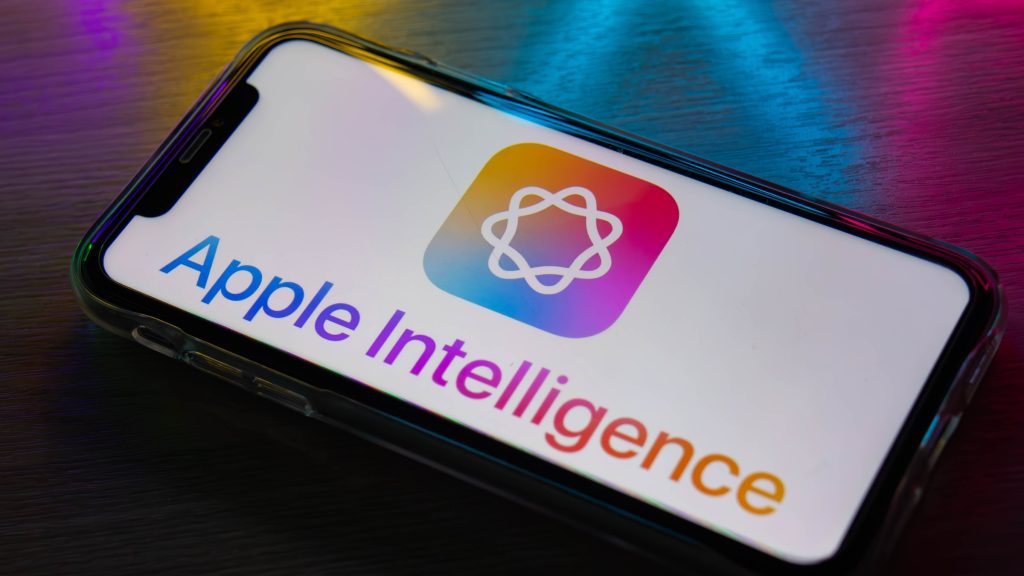
On January 18, Apple launched macOS Sequoia update, version15.3, alongside Google’s AI-integrated Workspace upgrades, as both companies move towards productivity-focused growth powered by AI.
The recent updates by two of the world’s more influential operating systems developers is adding fuel to the competition fire in the race to develop AI for productivity, as they shift towards a more user-centric business approach.
While promising smooth user experiences, the Apple AI settings update has also driven users to question the iOS parent’s ethical considerations over autonomy, data privacy, and societal repercussions of AI integration into users’ everyday tasks.
And for these users, a default Apple AI intelligence update is not the way to go.
As AI becomes a foundational element in this Apple Intelligence update and platforms, users may increasingly have to navigate the conveniences and complexities of this transformative technology, setting the stage for a broader discussion about its role in modern life.
Apple Intelligence Automatic for macOS Sequoia Update
Apple has launched macOS Sequoia update, version 15.3, iOS 18.3, and iPadOS 18.3, automatically integrating the new Apple Intelligence features by default, including AI proofreading, rewriting, summarizing, and creative tasks like text-to-image and text-to-emoji generation, available on devices like iPhone 15 Pro and later versions.
“Apple Intelligence will be enabled automatically during iPhone onboarding,” the company’s release notes state.
macOS 15.3 Apple Intelligence featurespredominantly focus on productivity, but earlier implementations faced issues, such as the recent news summarization issues, where AI misinterpreted a headline, saying a suspect shot himself. The company has temporarily removed this functionality from the version to improve accuracy of the Apple Intelligence features on mac.
Users still maintain control for the macOS Sequoia 15.3. Should they wish to avoid AI features, they may do so within the Apple Intelligence & Siri Settings. But this move by Apple makes it crystal clear that AI is going to play the central role in its user experience.
Google, Microsoft, and AI- Integrated Services
As always, Google does not want to miss the party, so, it too has also been unleashing its AI capabilities in Workspace tools, including AI-driven email drafting, and document editing, through its Gemini AI.
Google’s features come with price changes in the giant’s subscription plans. Now, Workspace Business Standard plans went from $12 to $14 monthly.
Opting out of Google AI features isn’t easy, as users reported an often need to contact Google Support to disable Gemini due to an evident lack of a simple dashboard toggle in most editions.
Microsoft is hardwiring Copilot AI into 365 Personal and Family plans but only after bumping US prices by $3 a month. Those wishing to avoid all of this can always stick with the basic or classic plans.
With the increasing trend toward having more mainstream macOS Apple Intelligence features similar in software, issues involving choice for the users, privacy, and readiness for such tools crop up. This also promises for ease of productivity around technical hiccups around hallucinations in the outputs of the AI.
As tech companies continue to push these Apple Intelligence macOS features and other capabilities deeper into their ecosystems, users are caught navigating the benefits versus downsides of an increasingly AI-driven landscape.
Inside Telecom provides you with an extensive list of content covering all aspects of the tech industry. Keep an eye on our Intelligent Tech sections to stay informed and up-to-date with our daily articles.